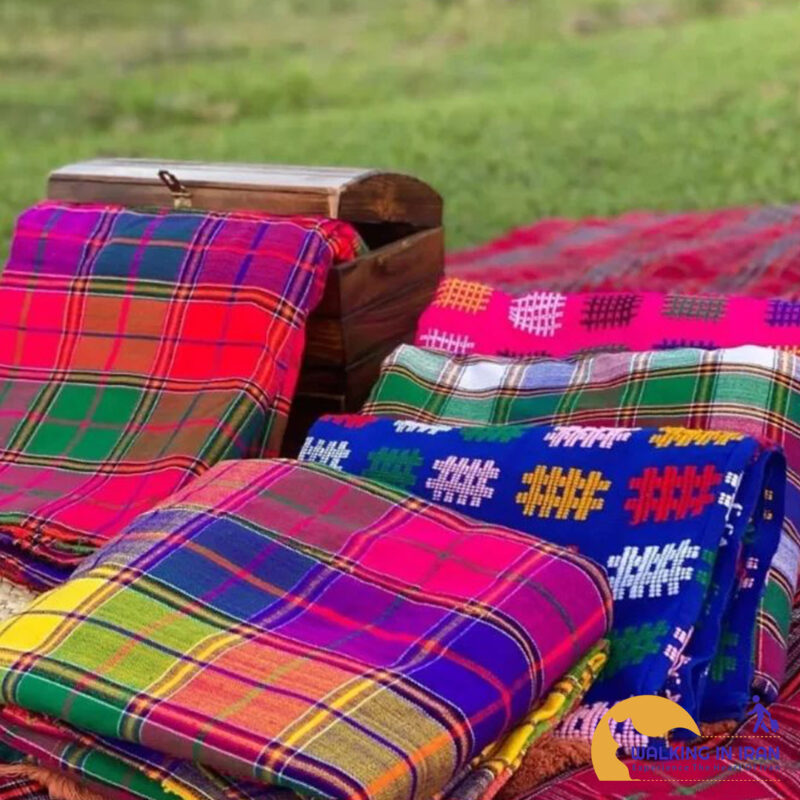Tent Weaving: A Traditional Iranian Craft
Tent weaving is a time-honored craft deeply embedded in Iran’s nomadic and rural heritage. These structures, commonly referred to as black tents due to their dark hue, are meticulously constructed from goat hair to provide insulation against harsh climatic conditions.
Traditionally produced by nomadic tribes such as the Bakhtiari and Qashqai, tent weaving is a complex process requiring exceptional skill and patience. The intricate designs woven into the fabric often carry symbolic significance, reflecting the tribe’s history, cultural beliefs, and aspirations.
Characterized by the use of durable goat hair, predominantly dark brown or black in color, Iranian tent weaving is renowned for its geometric patterns inspired by natural elements and tribal motifs. The tents are constructed in sections and assembled on-site.
Several nomadic tribes in Iran are renowned for their tent weaving expertise:
Qashqai: Known for their vibrant and intricate designs, Qashqai tents often incorporate symbolic motifs related to nature and tribal history.
Bakhtiari: Renowned for their large-scale and sturdy tents, the Bakhtiari people have adapted their weaving techniques to suit their mountainous lifestyle.
Shahsavan: Producing dome-shaped tents with distinctive features, the Shahsavan have developed a unique approach to tent construction.
Unfortunately, the art of tent weaving is facing significant challenges due to the decline of nomadic lifestyles and the allure of modern housing. Consequently, there has been a substantial decrease in demand for these handcrafted structures.
To preserve this invaluable cultural heritage, concerted efforts are being made to document traditional techniques, educate younger generations in the craft, and create viable market opportunities for tent weavers.
By fostering a renewed appreciation for this art form and supporting its practitioners, it is possible to ensure the continued existence of tent weaving as a vital component of Iran’s cultural tapestry.


